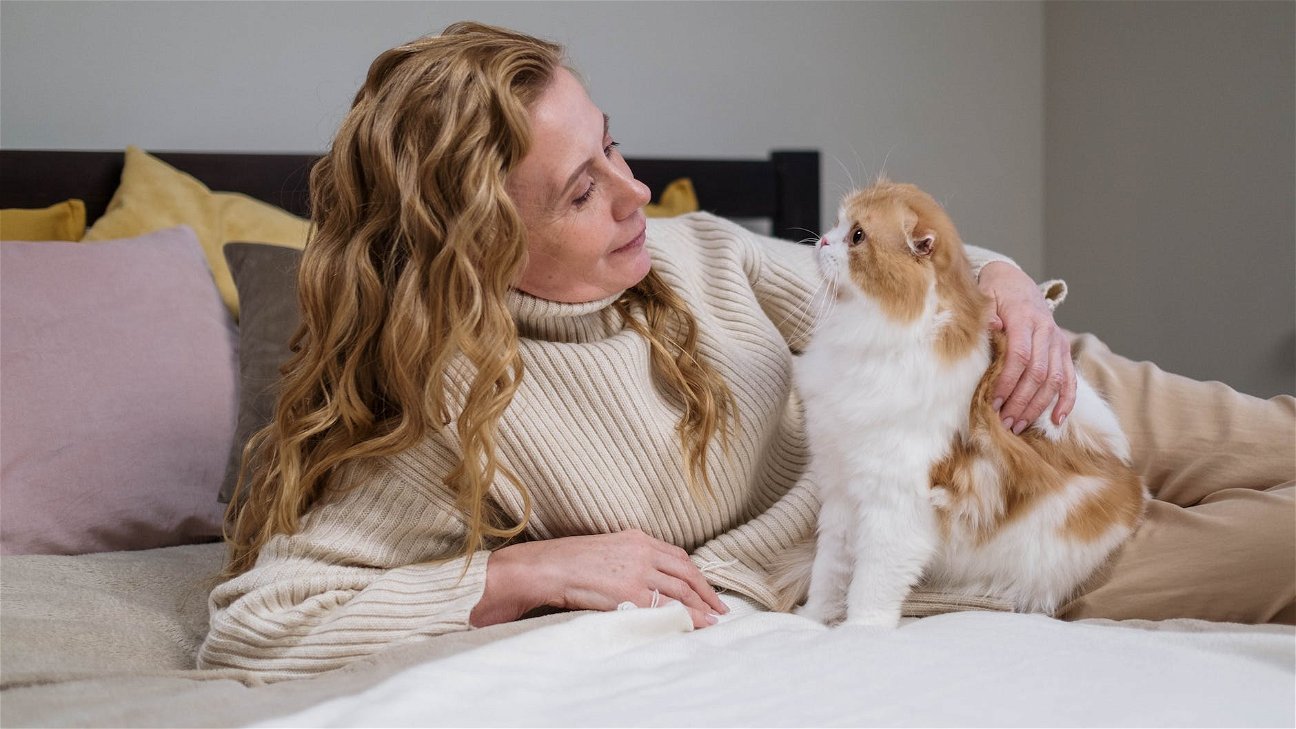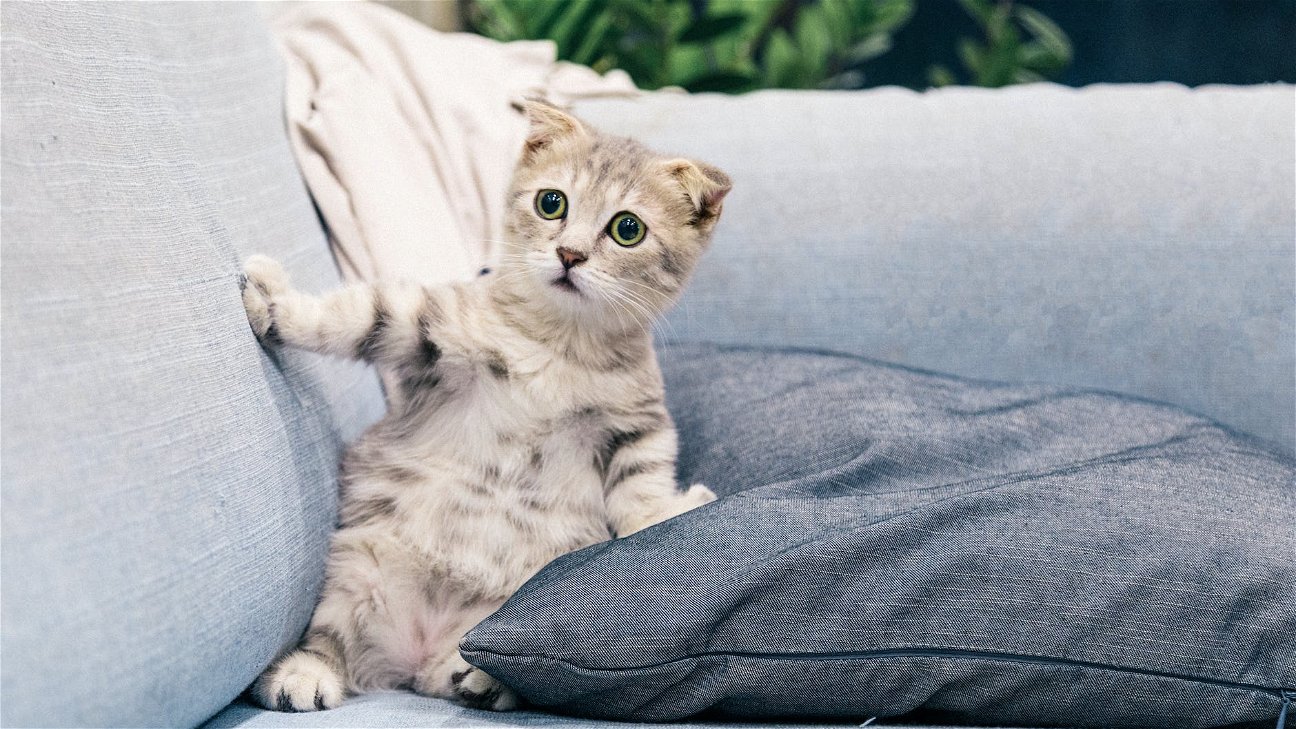
Cats are known for their independence, but even the most self-sufficient feline can experience separation anxiety. This can manifest in a range of behaviors, from excessive meowing to destructive behavior. If you're dealing with cat separation anxiety, it's important to understand its symptoms and how to manage them.
Recognizing the symptoms of cat separation anxiety
The first step to handling separation anxiety in cats is recognizing the signs. Symptoms may include:
- Excessive vocalization: Unusual amounts of meowing, especially when you're about to leave.
- Destructive behavior: Scratching furniture or tearing up items.
- Change in appetite: Eating less or refusing to eat when you're not home.
- Inappropriate elimination: Urinating or defecating outside the litter box.
Strategies for dealing with separation anxiety
Once you've recognized the signs, you can start applying strategies to help your cat manage their anxiety. Here are some strategies to try:
- Create a soothing environment: Use calming music or pheromone diffusers to create a relaxing atmosphere.
- Keep a routine: Consistent feeding and playtime schedules can provide comfort and predictability.
- Desensitization: Gradually increase the amount of time you spend away from home, starting with short absences.
- Interactive toys: Toys that stimulate your cat's predatory instincts can distract them from your absence.
- Consider professional help: If your cat's anxiety is severe, consider consulting a veterinary behaviorist.
Natural remedies for separation anxiety
Sometimes, home remedies and lifestyle changes aren't enough. If your cat's anxiety persists, you might want to consider natural remedies. These can include:
- Flower essences: Natural plant extracts said to balance emotional disturbances.
- Chamomile: Known for its calming properties, it can be used in the form of a tea or supplement.
- Valerian: This herb can help to soothe anxiety and promote sleep.
Preventive measures
Prevention is always better than cure. Here are some preventive measures for cat separation anxiety:
- Training: Train your cat to be comfortable with being alone from a young age.
- Socialization: Expose your cat to a variety of people and situations to help them become more adaptable.
Remember, your cat's mental health is just as important as their physical health. It's important to take measures to help your cat feel safe and secure, even when you're not around.











